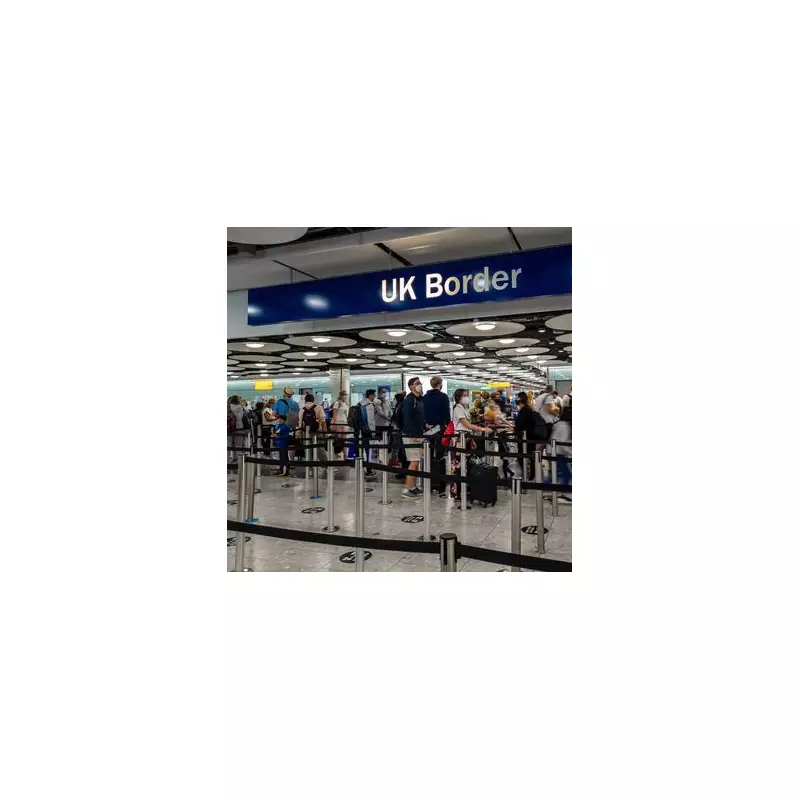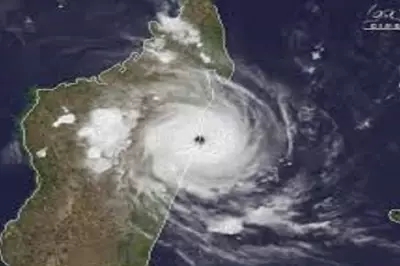
British holidaymakers are being warned they could face eye-watering fines of up to £5,000 if they fail to comply with little-known cash declaration rules when travelling abroad.
The Rule You Need to Know
Under current UK regulations, travellers must declare any cash amounts of £10,000 or more (or equivalent in other currencies) when entering or leaving the country. This applies to all forms of money including cash, banker's drafts, cheques and even certain types of gold.
Where This Applies
The rule affects all UK ports and airports, with customs officers having the power to seize undeclared cash and issue substantial fines. The regulation is part of anti-money laundering measures designed to combat financial crime.
What Counts as Cash?
- Banknotes and coins (sterling or foreign currency)
- Bearer bonds
- Travellers' cheques
- Cheques (including travellers' cheques) that are signed but not made out to a person
- Gold coins or bars with a gold content of at least 90%
How to Declare
Travellers carrying the threshold amount or more must complete a cash declaration form, available at ports and airports or online in advance. Failure to do so could result in:
- Cash seizure
- Fines of up to £5,000
- Potential criminal prosecution in serious cases
Expert Advice
Travel experts are urging holidaymakers to check their wallets before travelling. "Many people don't realise that carrying large amounts of wedding gift money or business cash without declaring it could land them in trouble," said one industry insider.
The warning comes as summer travel peaks, with millions of Brits heading abroad during the school holidays.





